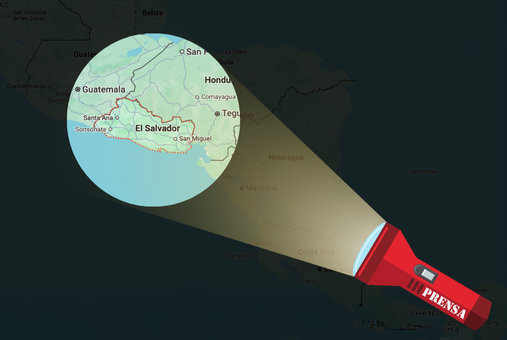
Journalists in El Salvador are building their own databases, investigating citizen complaints and cultivating anonymous sources to hold the government accountable.

In 2024, journalists from Mexico to Nicaragua to Brazil faced mounting violence, censorship and harassment — yet persisted through courageous reporting. Here are our reporters’ most pressing and memorable stories of the year.

Lawmakers approved a reform bill that would eliminate Mexico’s transparency agency, which raises questions about how the right to public information will be upheld. Journalists and organizations warn about the risk of longer, costlier and less transparent processes, which would create obstacles for journalism and accountability.
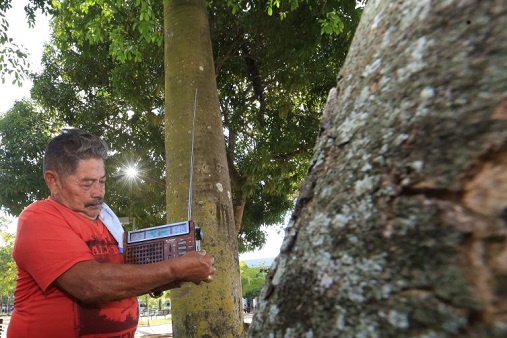
A map by InfoAmazonia shows dozens of independent radio stations broadcasting from remote rainforest communities. Despite financial pressures, many confront agribusinesses while highlighting Indigenous and environmental rights.
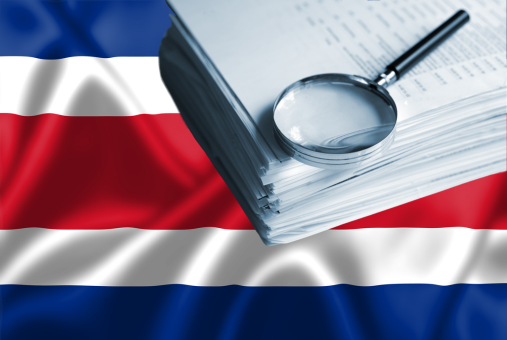
The law, signed after more than 15 years of advocacy, establishes a framework for access to public information and penalties for officials who resist requests for information.
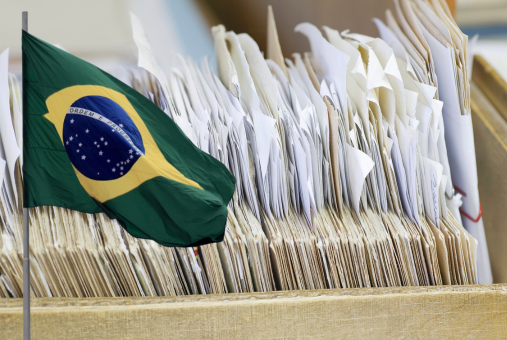
At a time when data journalism was in its infancy in Brazil and access to public information was limited, the award-winning series of reports “Os Homem de Bens da Alerj” (The Good Men of Alerj) stood out for revealing the enrichment of politicians elected to the Legislative Assembly of Rio de Janeiro. Twenty years later, the impact of that pioneering investigation still resonates in Brazilian journalism, whether through the use of advanced data analysis tools or the application of the Access to Information Law.

Driven by a news vacuum in the Argentine provinces, Ruido was born three years ago. It’s a collaborative media outlet made up of journalists throughout the country that investigates corruption via requests for access to public data. Despite limited local transparency, its network of collaborators has managed to create stories with national impact on issues of public interest.

In contrast to the bureaucratic difficulties of accessing information in Mexico, the U.S. judicial system offers rich sources of information for investigating cases of Mexican criminals tried in that country, said journalist Juan Alberto Vázquez. His book "Los Padrotes de Tlaxcala" reveals shocking details about how Mexican trafficking networks operate in New York.
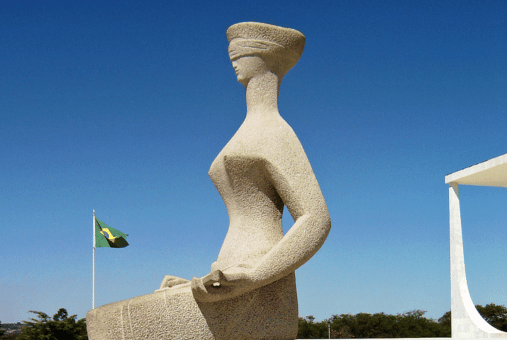
In recent months, press freedom has faced a wave of judicial censorship in Brazil, with stories taken down, magazines recalled from newsstands and a documentary banned. These court rulings are in conflict with the Constitution, which experts say favors freedom of information, and prompt discussions about the need for new laws to protect journalists.

Venezuelan journalists in Ecuador, Peru and the United States talked to LatAm Journalism Review (LJR) about their experience as journalists specializing in migration. They give advice on how to avoid stigmatization of migrants in the media. They also explain the advantages, disadvantages and emotional costs of telling stories that intersect through their own lives.
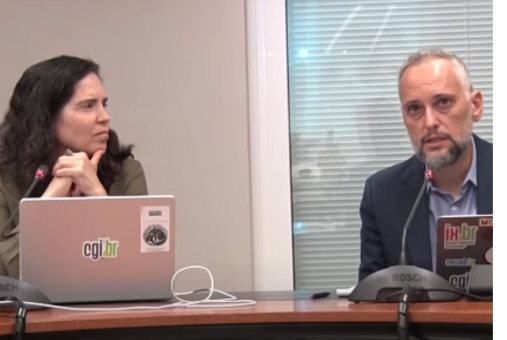
The Brazilian Internet Steering Committee published a report on the payment for journalistic content by digital platforms. The study traces an overview of the Brazilian debate and identifies the positions of the actors involved, as well as discusses regulatory frameworks in other countries.

In an interview with LJR, AJOR’s president, Natalia Viana, explains a new proposal to promote journalism sustainability. The proposal would change the Fake News Bill, which is currently being discussed in Brazil's Congress. The association's stance on the proposal differs from that of large media groups in the country.